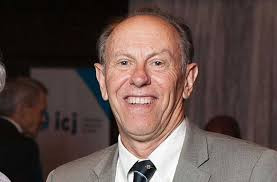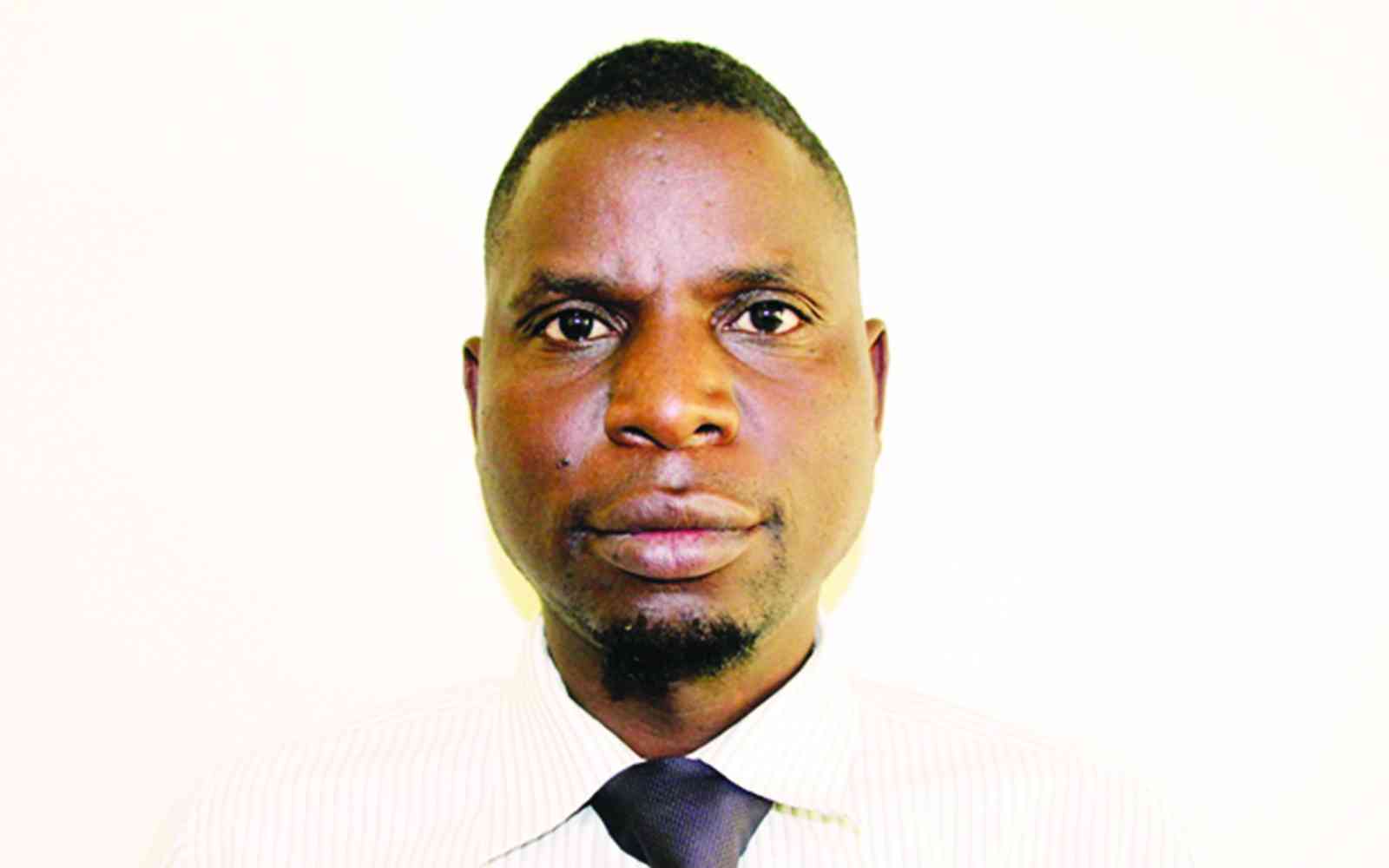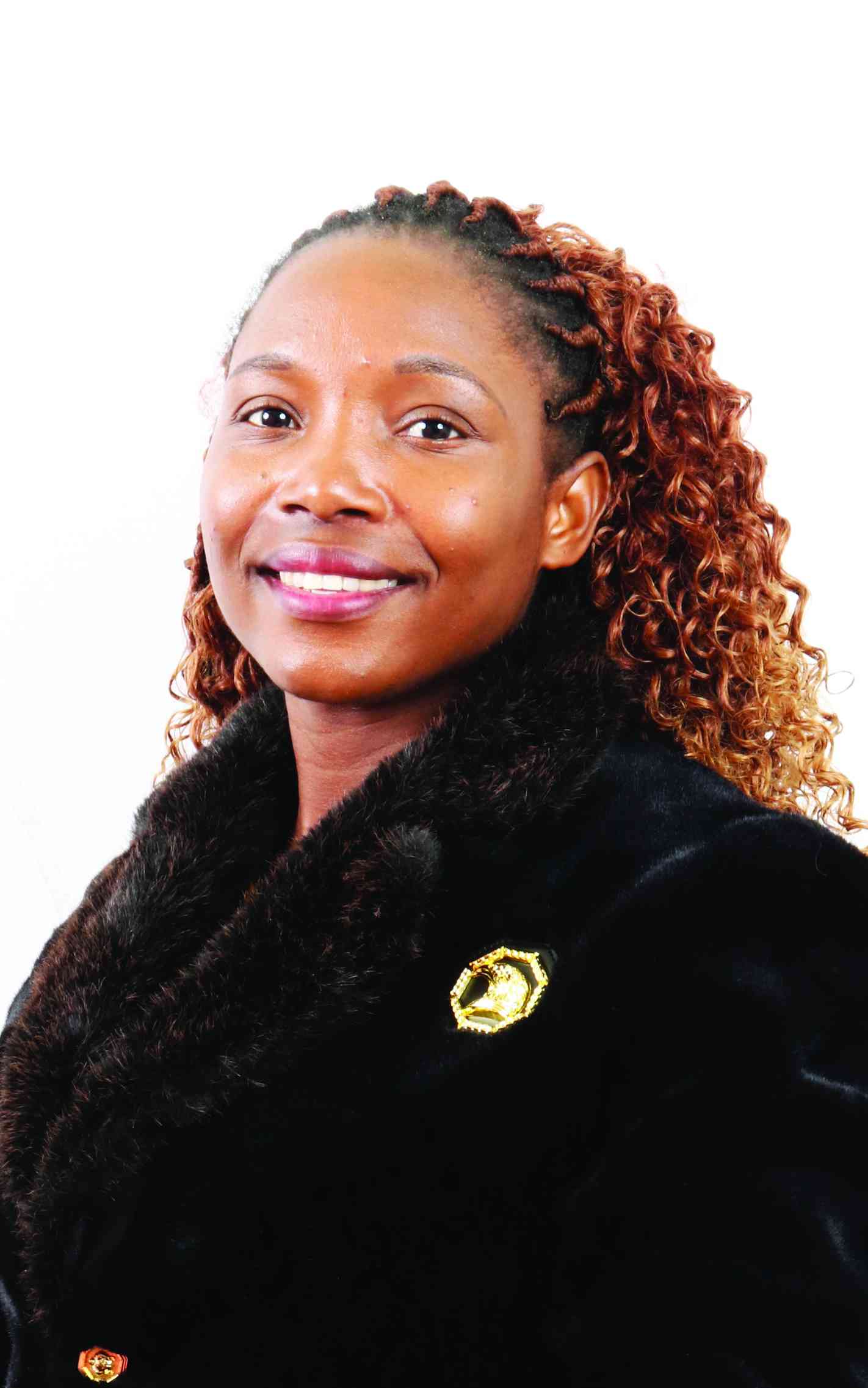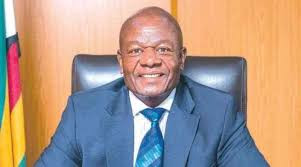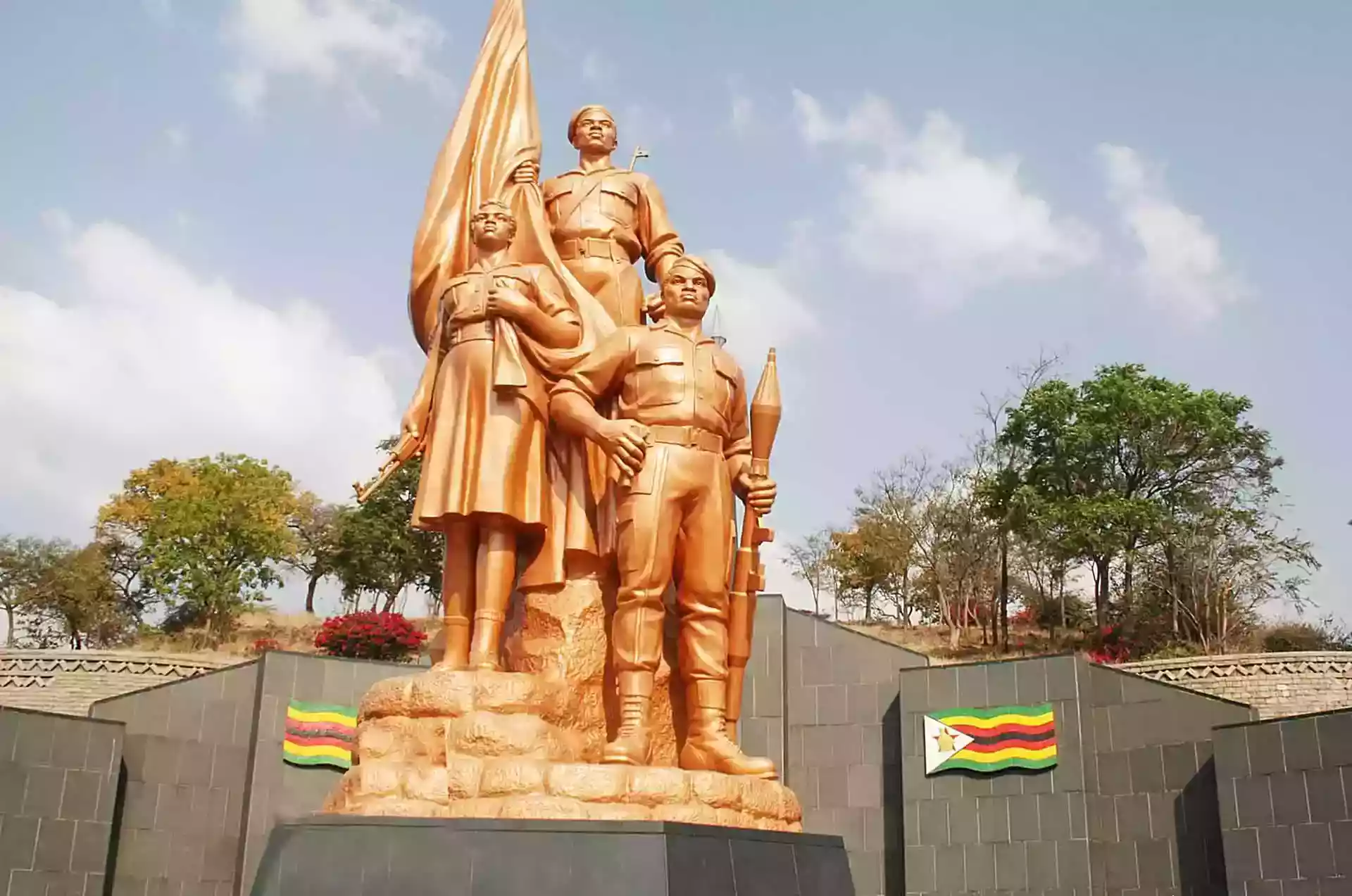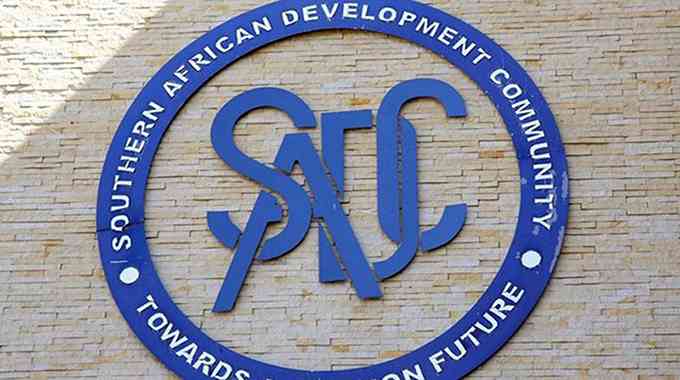
THE just-ended Sadc Heads of State and Government Summit in Harare left a bit of unfinished business — amending the Sadc Treaty to establish a regional parliament.
Not even an afternoon of tea and whiskies at Precabe Farm, Kwekwe, with Botswana President Mokgwetsi Masisi could move the project forward.
Zimbabwe’s Speaker of Parliament Jacob Mudenda did not leave any time to let the euphoria of a “successful” summit simmer before he attempted to convince Masisi to sign up.
On August 7, The Conversation, a respected academic publication published an article titled Southern Africa may get a regional parliament: what good would it do if it’s given enough power? It reported that Mudenda, who chairs the Sadc parliamentary forum lobby group, expected the Sadc Transformation Protocol to be adopted at the 44th Sadc Summit in Zimbabwe on August 17, 2024.
Mudenda this week was in Gaborone, Botswana, together with other speakers from Sadc member States to convince Masisi to sign up.
We can never be certain why there are so many hurdles to establishing the regional parliament except to make some educated speculation on the matter.
NewsDay this week reported Mudenda as saying the Sadc Parliament would not interfere with the authority of the member States.
“The transformation is grounded solely on an increase in linkages between Sadc organs, with the regional Parliament having a deliberative parliamentary role among other regional responsibilities,” he said.
- Turkey denies human trafficking reports
- Mudenda rejects opposition legislators’ PVOs Bill plea
- Parly staff face grilling over laptop scam
- MPs kicked out of hotels over unpaid bills
Keep Reading
“The establishment of the Sadc Parliament will complete the institutional framework of the Pan-African Parliament, filling a long-standing gap.”
It became patently clear a week before the Harare Summit that the Sadc Parliament was still a long way off the radar.
Leaders in the region are more concerned about their sovereignty, while some like South Africa and Botswana have enjoyed relative economic and political stability than the rest.
The Conversation said: “Plans to establish a regional parliament for southern Africa are gaining momentum. On July 11, 2024, the Democratic Republic of Congo (DRC) signed the agreement to transform the Southern African Development Community Parliamentary Forum into a parliament. The DRC became the 12th Sadc member State to accede, helping meet the quorum for the 16-member bloc to establish the regional Parliament.”
With the DRC signing, the members passed the 66% threshold for the treaties to come into life.
The four, who haven’t done so yet Botswana, Comoros, Madagascar and Mauritius, can accede to it later.
The question then arises: Why the wait?
The Conversation article helps us answer that question.
It says: “A Sadc Parliament with real powers would boost regional integration. It would promote the quality of elections in the region, increase the number of women in law-making roles, ensure the region had good laws, and promote economic development.
“Furthermore, all member States support the principle of non-interference in their internal affairs. So, there is tension between national sovereignty and the task of promoting peace, human rights and democracy in member states.”
It is easy to see that the Presidents in many of the regional States do not want to lose power to a supra-national body.
For Zimbabwe, it is clear that it is one of the countries that has had contentious elections since the turn of the century.
Could it be that President Emmerson Mnangagwa, like his predecessor Robert Mugabe, does not like the idea of having a regional institution that may have an oversight over Zimbabwe?
It should be remembered that Zimbabwe was the instigator on the disbanding of the Sadc Tribunal, a court that was the highest in the region after exhausting all domestic remedies.
The court had jurisdiction on all matters and was based in Windhoek, Namibia. Member States seconded their best judges to the tribunal.
Aggrieved white commercial farmers approached the court saying the Zimbabwe fast-track land reform programme at the turn of the millennium was racial.
The Tribunal upheld the application and Zimbabwe was ordered to compensate the displaced farmers.
This was a shock to Zimbabwe, particularly the political leadership, which is on record saying the land issue could and should not be entertained in the courts.
That was the end of the Tribunal. Zimbabwe had gotten its way.
It should also be remembered that the Zanu PF leadership, whose figurehead was Mugabe, pulled Zimbabwe out of the Commonwealth because the body had criticised the flawed and violent 2002 presidential elections.
Since then, Zimbabwe is still trying to find itself back into the grouping.
It is ironic that Zimbabwe today chairs Sadc, a body that only last year had reservations on the conduct of the 2023 general elections.
To all purposes and intents, Sadc is a political grouping and has failed to be anything beyond that.
Economic integration, good governance and democracy have largely remained peripheral issues at the summits.
Back to the Sadc Parliament efforts. The institutions will be encumbered by many political obstacles.
One cannot help but imagine if the Sadc Protocol on Elections was a regional law what would have happened.
Many leaders would have walked out of the Sadc and all its attendant institutions.
It is interesting that Mudenda is spearheading the formation of the Sadc Parliament, yet his President said nothing of that institution during his Summit statements/speeches.
Why would Mnangagwa not use the bilateral talks he held with regional leaders to push for the adoption of amending of the Treaty to establish the regional parliament.
Perhaps this is one of the actions engaged to keep people busy, otherwise they would be twiddling their fingers while seated in their cushy offices.
Political leaders are fond of being seen as busy, but most of them never think of their legacy or have a vision beyond their lifetimes.
While the idea of a regional parliament is enticing to progressives, it is not likely to happen in the near or immediate future until we have leaders who are not obsessed with power, leaders who understand that joining a group means shedding some powers for the great good.
Another missed opportunity because leaders don’t want to hold each other accountable.
- Paidamoyo Muzulu is a journalist based in Harare. He writes here in his personal capacity.

